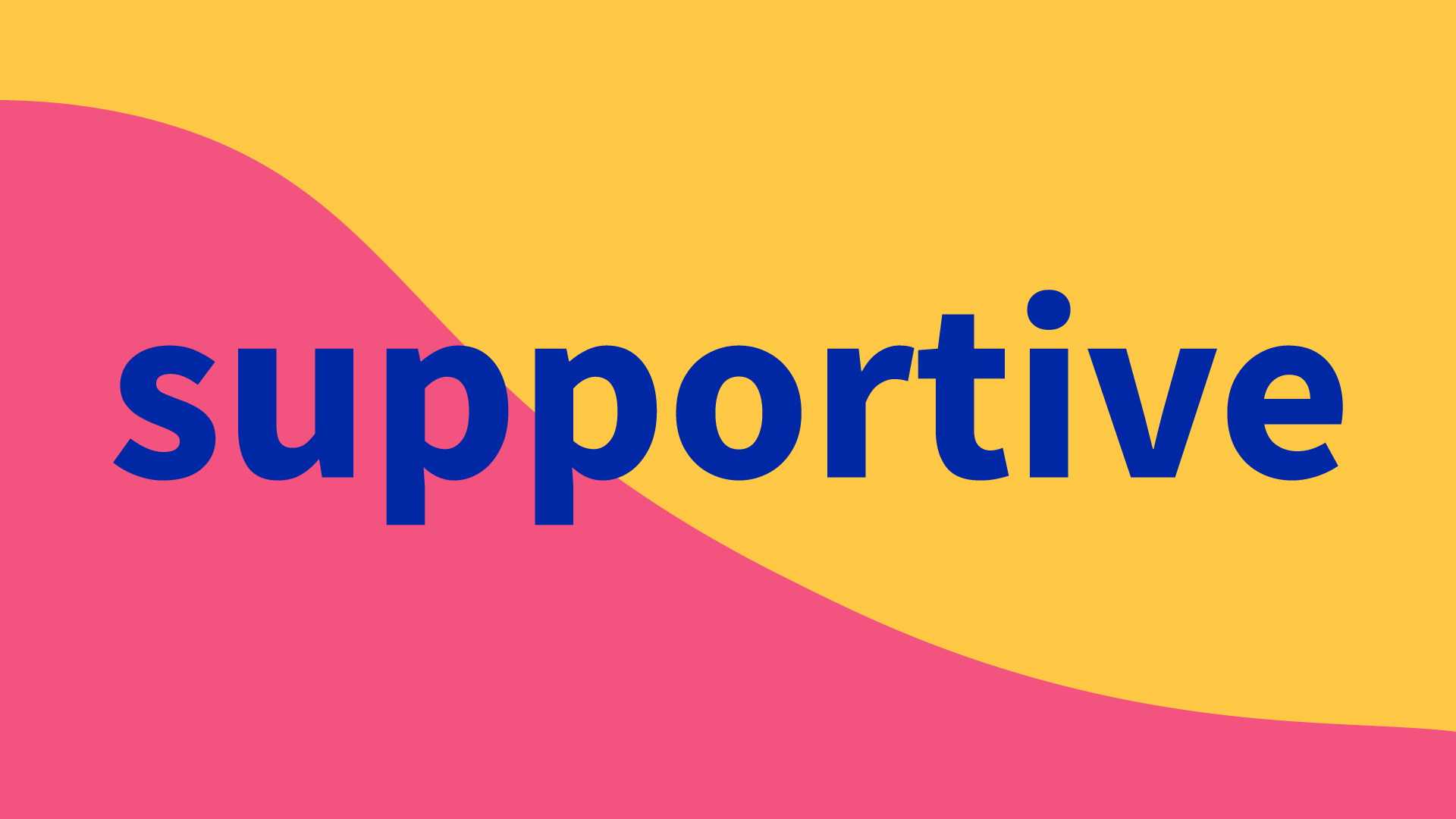Active Support

Accessibility is a matter that concerns us all: people with a mental or physical disability need accessible teaching materials as well as barrier-free access to information and knowledge so that they can live up to their full potential at UZH.
The following guidelines and tips on how to make materials and information accessible are available to teaching staff, students and employees. Please note that most of the links and materials listed below are only available in German.
Sensibilisation
- Workshops accessibility
The EDI Office is organizing five free workshops on accessibility and inclusion between February and June 2025. In these workshops, experts with disabilities will highlight the barriers they often encounter in their work or studies and share their personal experiences along with possible solutions. - Video series: Barrieren an Hochschulen
On the YouTube Channel of the Swiss Center for Disability Research and on the SWITCH Channel you can find awareness-raising films that draw attention to barriers for people with disabilities. The films can be used for workshops or lectures on the topic. - TV programmes about the everyday lives of people with disabilities
Contributions from Swiss, German and Austrian television on the subject of people with disabilities.
General information about accessibility
- e-Accessibility educational videos
The videos provide an introduction to the topic and contain specific instructions, for example on how to create accessible websites and PDFs. - Leaflets on accessible documents
Advice and leaflets by swissuniability on creating accessible PDFs, podcasts or PowerPoint presentations, etc. - Leaflets on studying with a disability
The fact sheets of the swissuniability university network illustrate situations of students with disabilities or chronic illnesses and list possible support measures teaching staff can take.
Accessible websites
- Tips for creating accessible websites
Accessibility: Overview of the most important rules when creating websites in Magnolia - Course on creating accessible websites
- Most important features of accessible websites
- Recognizing accessibility issues in websites
- Creating accessible websites in Magnolia - Accessibility guidelines of the canton of Zurich
Instructions from the canton of Zurich for creating accessible websites and multimedia content.
Accessible teaching materials
- Guidelines on accessible teaching and research
The guidelines are based on a scientific study of the situation of those affected through interviews and numerous expert opinions. - eAccessibility teaching tool
How can you improve the e-accessibility of your courses? This tool offers practical assistance on what to look out for when organizing an online course and creating teaching materials. - Accessible teaching and accessible assessments
How can I raise awareness about accessibility and ensure that courses and assessments are accessible? - Podcast on AI and accessible teaching
Daniele Corciulo and Benjamin Börner at the UZH's EDI Office explain how e-accessibility – technological advances tailored to accessibility – have improved the teaching experience of students, professors and researchers with disabilities at UZH (episode 4). - Podcast on AI and inclusion
Sarah Ebling, professor for Language, Technology and Accessibility at the University of Zurich, explains how innovation and research are driving progress for people with disabilities in the crucial area of language-based AI technologies (episode 7). - Didactica courses
Specific courses on accessibility in teaching are held about once or twice a year, for example by Nora Bertram (“Inklusives Lehren und Lernen in der Praxis”) or by Anna Garry (Strategies for Inclusive Teaching: Ideas for your Courses)
Support for lecturers
Start! Accessibility Coaching
This module for accessibility coaches (1 ECTS) will be offered for the first time in the spring semester. It will provide students with the necessary skills to assist lecturers in the preparation of accessible teaching materials.